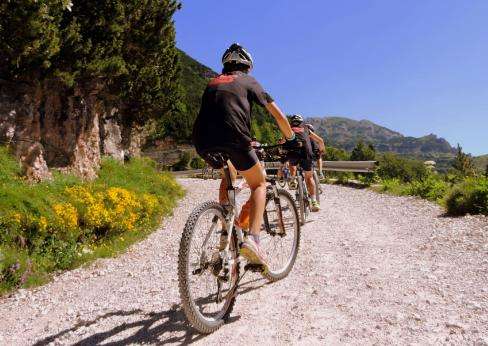Experts warn of the need to control doping also in amateur athletes

A study led by the University of Granada (UGR) has shown that doping is not only a problem exclusive to professional sports, but also occurs in amateur sports
In an article published in The Sport Psychologist, researchers warn that it is necessary to increase control over the doping problem in popular cycling, conducting campaigns to raise awareness and to prevent the use of performance-enhancement drugs (PEDs).
The study was conducted by researchers from the universities of Granada and Elche, in addition to the Spanish Cycling Federation. They investigated the relationship between the use of performance-enhancement substances (measured by an anonymous questionnaire) and a number of psychosocial variables: attitude towards doping, self-esteem, self-efficacy and perception of doping substances among cyclists (the false consensus effect).
The study was performed with a sample of 2,003 amateur (non-professional) cyclists, who participated in the race called Quebrantahuesos (named after the bearded vulture, in Spanish) held in Sabiñánigo (Huesca) in 2012. All racers voluntarily participated in a survey conducted by the researchers.
The results showed that 8.2 percent of the sample admitted to having consumed or habitually using PEDs. PED use was associated with a higher probability of perceiving substance use in cycling as something normal (the so-called 'false consensus effect'), with a more permissive attitude toward doping, and with a lower self-efficacy.
Another important factor related to the use of doping substances by amateur cyclists who participated in the study was their experience (current or previous) in competitive cycling (at any level): The greater the experience, the greater the likelihood of consuming performance-enhancement drugs.
More information: Mikel Zabala et al, Relationship between Self-Reported Doping Behavior and Psychosocial Factors in Adult Amateur Cyclists, The Sport Psychologist (2016). DOI: 10.1123/tsp.2014-0168

















